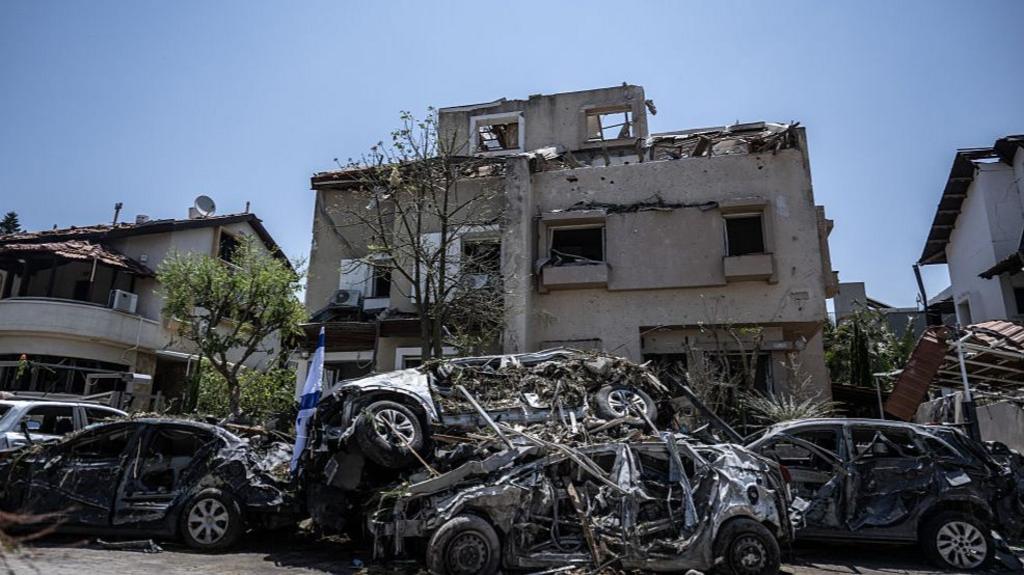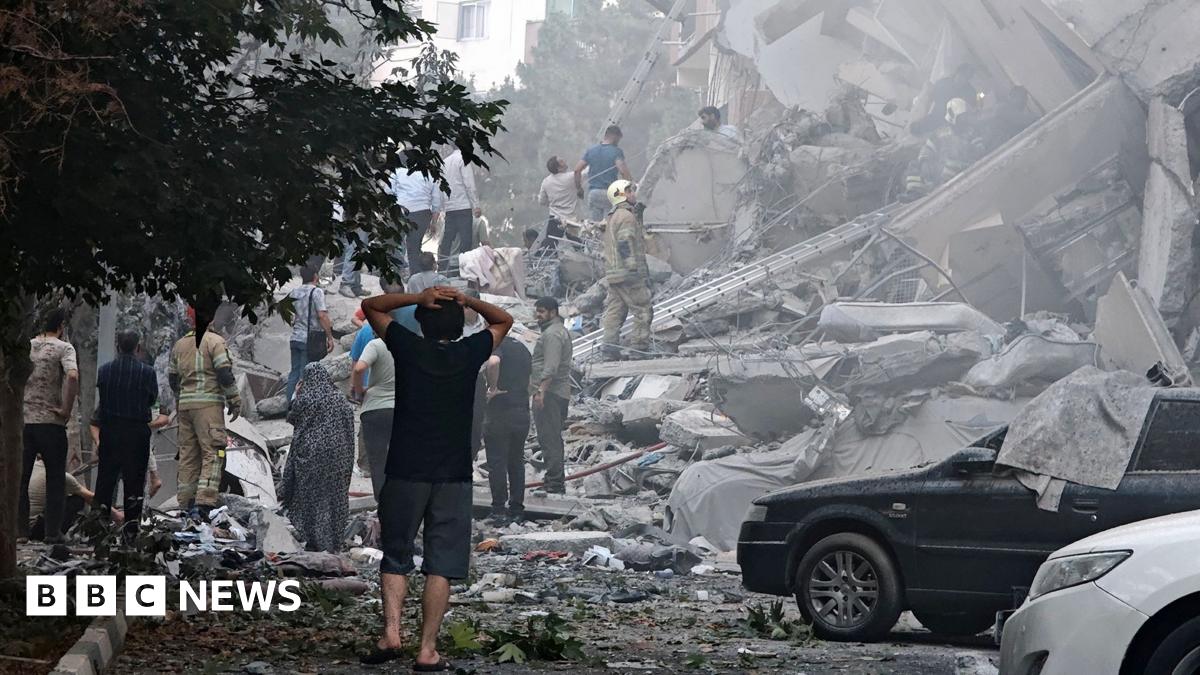Israel Strikes Iran's State Broadcaster Amid Escalating Tensions, Tehran Demands US Intervention

Tel Aviv/Dubai, April 22, 2024 – Tensions in the Middle East have dramatically escalated as an Israeli strike targeted Iran's state broadcaster, IRIB, on Monday. This attack occurred as the head of the International Atomic Energy Agency (IAEA) revealed significant damage to Iran’s largest uranium enrichment facility in Natanz, further fueling regional instability. Simultaneously, Iran has issued a strong call to the United States, urging Washington to pressure Israel into halting its military operations.
The attack on IRIB, a key media outlet for the Iranian government, represents a significant escalation in the shadow war between Israel and Iran. While details surrounding the extent of the damage remain limited, the targeting of a broadcaster suggests a deliberate attempt to disrupt Iranian information dissemination and potentially influence public opinion.
Adding to the complexity of the situation, the IAEA chief's statement regarding the damage to the Natanz uranium enrichment plant has raised concerns about Iran's nuclear program. The facility, a central hub for Iran’s uranium enrichment activities, has been the target of previous suspected cyberattacks and acts of sabotage. The reported damage raises questions about the future of Iran's nuclear commitments and the potential for further escalation.
Iran’s response has been swift and firm. Tehran has directly appealed to the United States, demanding that Washington leverage its influence over Israel to bring an immediate end to the ongoing conflict. Iranian officials argue that the United States bears a responsibility to de-escalate the situation, given its close relationship with Israel and its role in regional security.
Regional and International Reactions: The events have triggered a flurry of reactions from across the globe. European nations have expressed concern over the escalating tensions and urged restraint from all parties involved. The United Nations Security Council is expected to convene to discuss the situation, although a consensus resolution may prove challenging given the differing perspectives among member states.
Analysis and Implications: The coordinated strikes and escalating rhetoric underscore the fragility of the current regional landscape. Analysts warn that the situation could rapidly spiral out of control, potentially drawing in other regional powers and triggering a wider conflict. The damage to the Natanz facility, coupled with the attack on IRIB, suggests a deliberate strategy to pressure Iran and disrupt its capabilities.
The US response will be crucial in determining the future trajectory of the conflict. While Washington has traditionally refrained from directly intervening in the Israeli-Iranian tensions, the current escalation may necessitate a more active role in mediating a ceasefire and preventing further violence. The outcome of this crisis will have profound implications for regional security and the global nuclear non-proliferation regime.
Looking Ahead: The coming days and weeks will be critical in determining whether the current escalation can be contained. Diplomatic efforts to de-escalate the situation will be paramount, but the deep-seated distrust and animosity between Israel and Iran pose significant challenges. The international community must act swiftly and decisively to prevent a catastrophic conflict.






